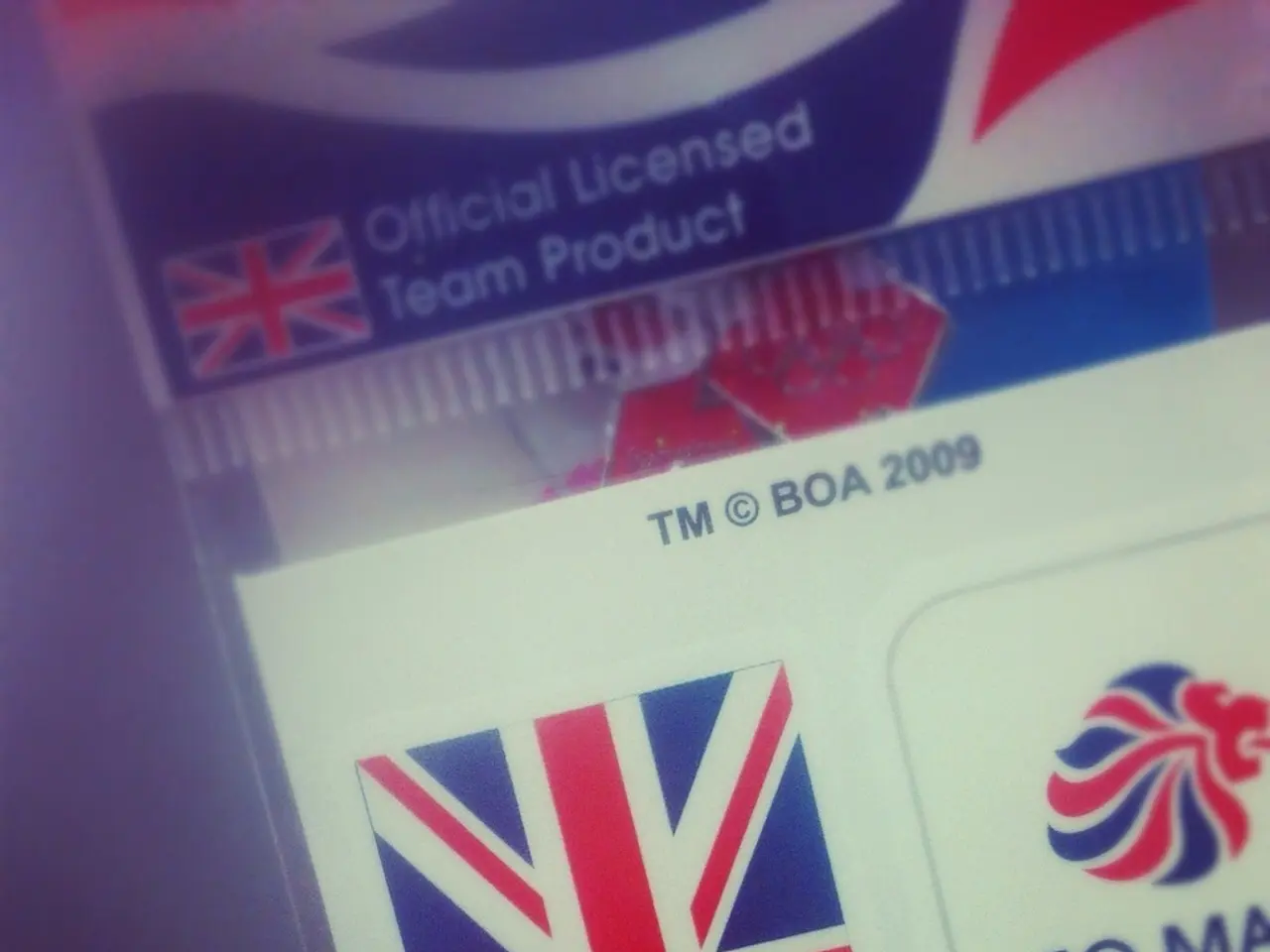Federal authorities successfully dismantle counterfeit identification enterprise, worth $6.4 million, only to see it resurface online merely 24 hours later.
In a significant blow to the global fake ID market, the FBI and Dutch police, in a joint operation, successfully took down VerifTools on August 27, 2025, after a three-year investigation. The marketplace, which operated openly on the surface web, sold fake driver's licenses, passports, and other ID documents for as little as $9.
The individuals responsible for VerifTools were a group of four cybersecurity professionals from the United States and the Netherlands. The investigation, which lasted approximately 18 months, involved multiple countries, including agencies from the US, Netherlands, and Wales. The Rotterdam Police Cybercrime Team led the European side of the operation.
Dutch authorities seized two physical servers and more than 21 virtual servers from an Amsterdam data center. The operation is estimated to have had an annual turnover of €1.3 million.
The fake documents served multiple criminal purposes, including bank fraud, bypassing Know Your Customer checks at cryptocurrency exchanges, and obtaining employment at tech companies with fabricated identities. The US Department of Justice stated that the operators of VerifTools produced and sold counterfeit IDs that could bypass identity verification systems.
Within one day of the takedown, VerifTools operators announced their return on Telegram and launched on a new domain, veriftools.com, which had been registered years earlier in December 2018. However, the operators' preparedness for law enforcement action was not enough to save the marketplace.
Investigators are examining the massive amount of data seized from VerifTools' servers. The data could reveal the identities of both the marketplace operators and thousands of customers who bought fake IDs. If confirmed, these arrests would mark a significant step in protecting the public from fraud and identity theft crime.
Philip Russell, Acting Special Agent in Charge of the FBI Albuquerque Division, stated that the VerifTools takedown is a major step in protecting the public from fraud and identity theft crime. Acting US Attorney Ryan Ellison added that if you build or sell tools that let offenders impersonate victims, you are part of the crime.
The global fake ID market is estimated to be worth billions of dollars, though exact figures are difficult to pin down due to the illegal nature of the trade. Similar sites to VerifTools operate across the dark web and surface internet, serving criminals worldwide who need false documents for various schemes.
In the Netherlands, crimes involving forgery and false identification carry maximum prison sentences of six years, but no arrests have been announced yet. The traced $6.4 million in illicit proceeds to the operation serves as a grim reminder of the scale of the problem and the need for continued vigilance.
Advanced systems now combine document analysis, facial recognition, and behavior tracking to spot fraudulent IDs that would fool human reviewers. As technology evolves, so does the fight against these criminal activities. The VerifTools takedown is a testament to the power of international cooperation in the battle against cybercrime.








